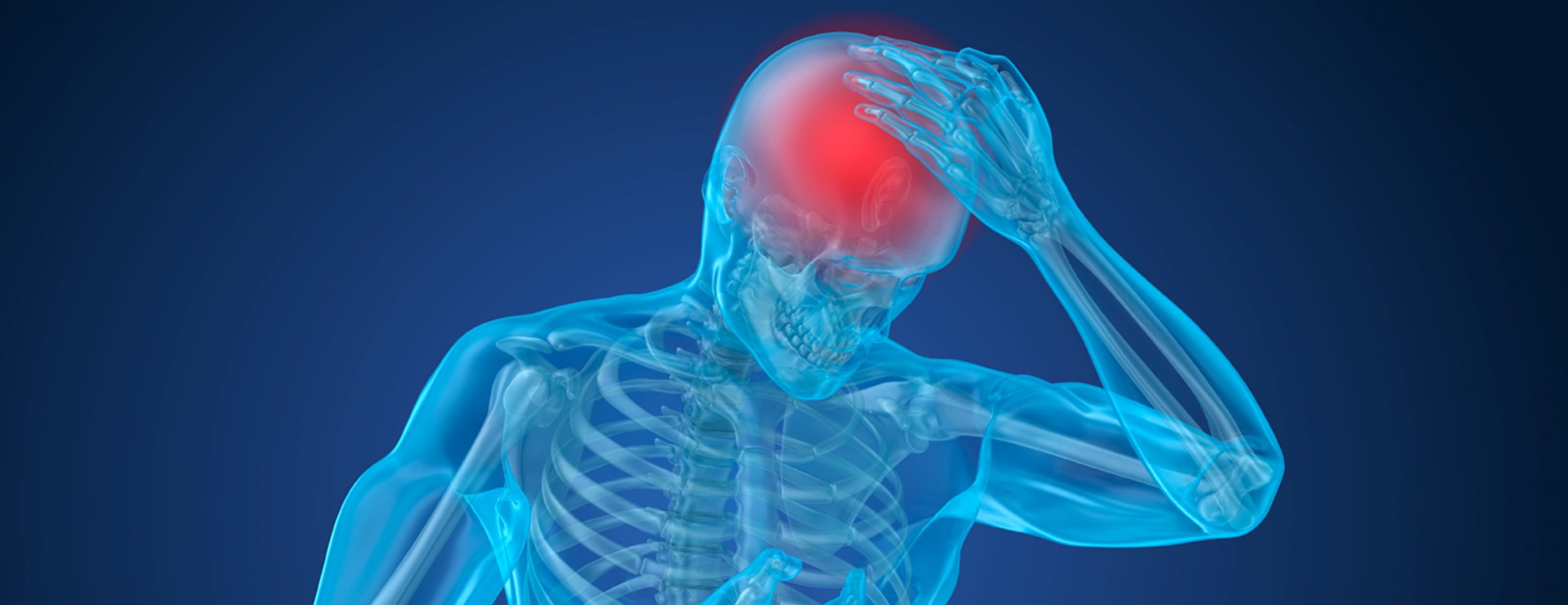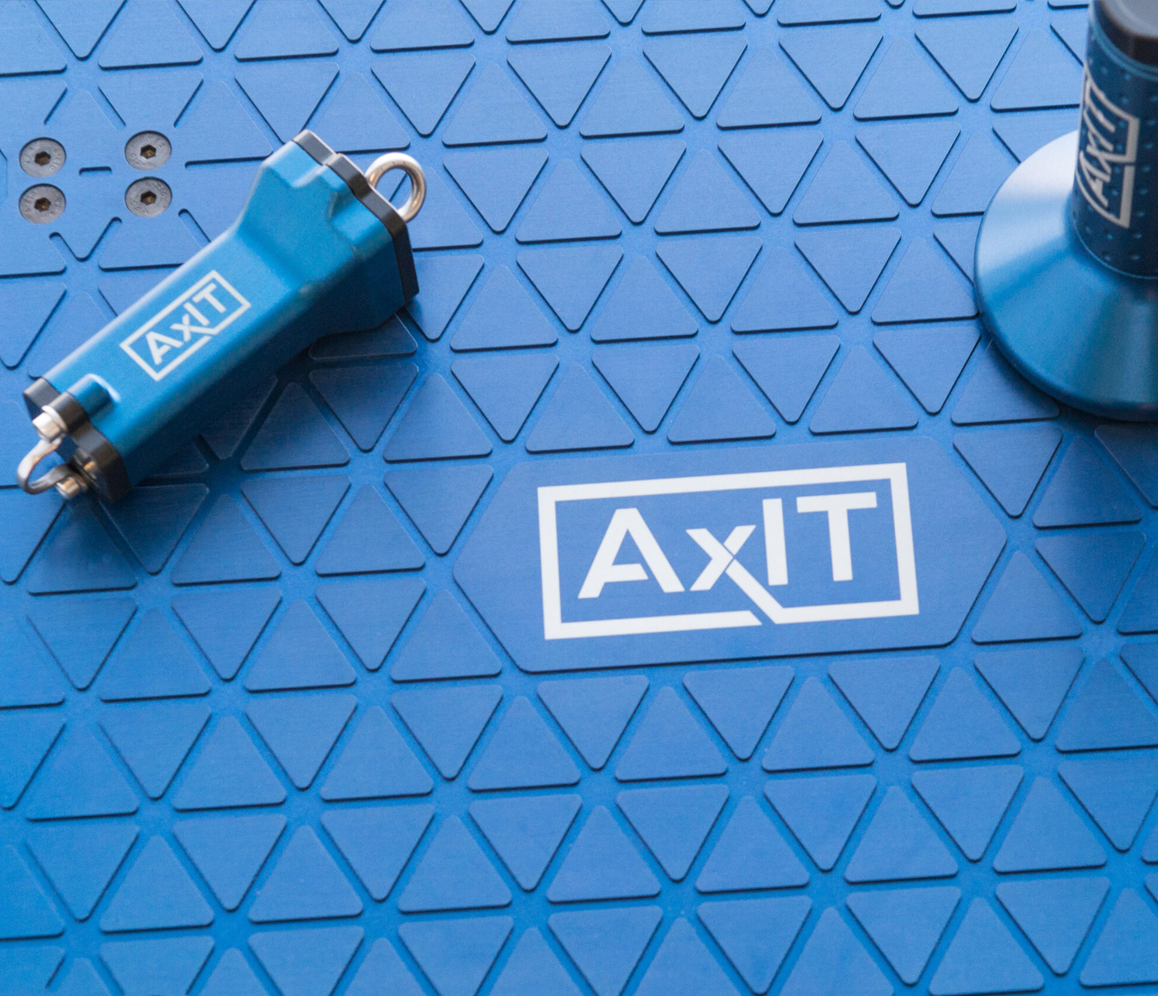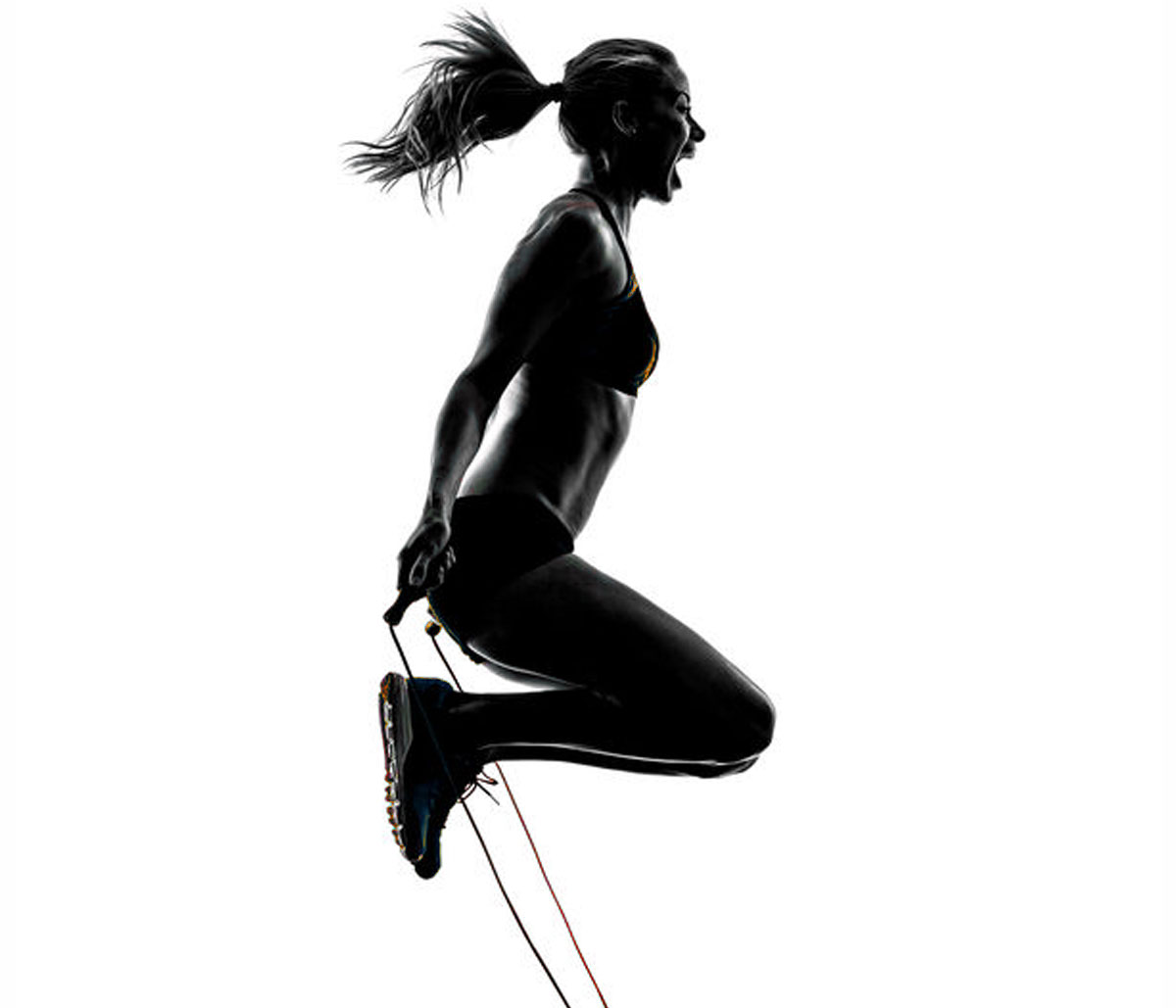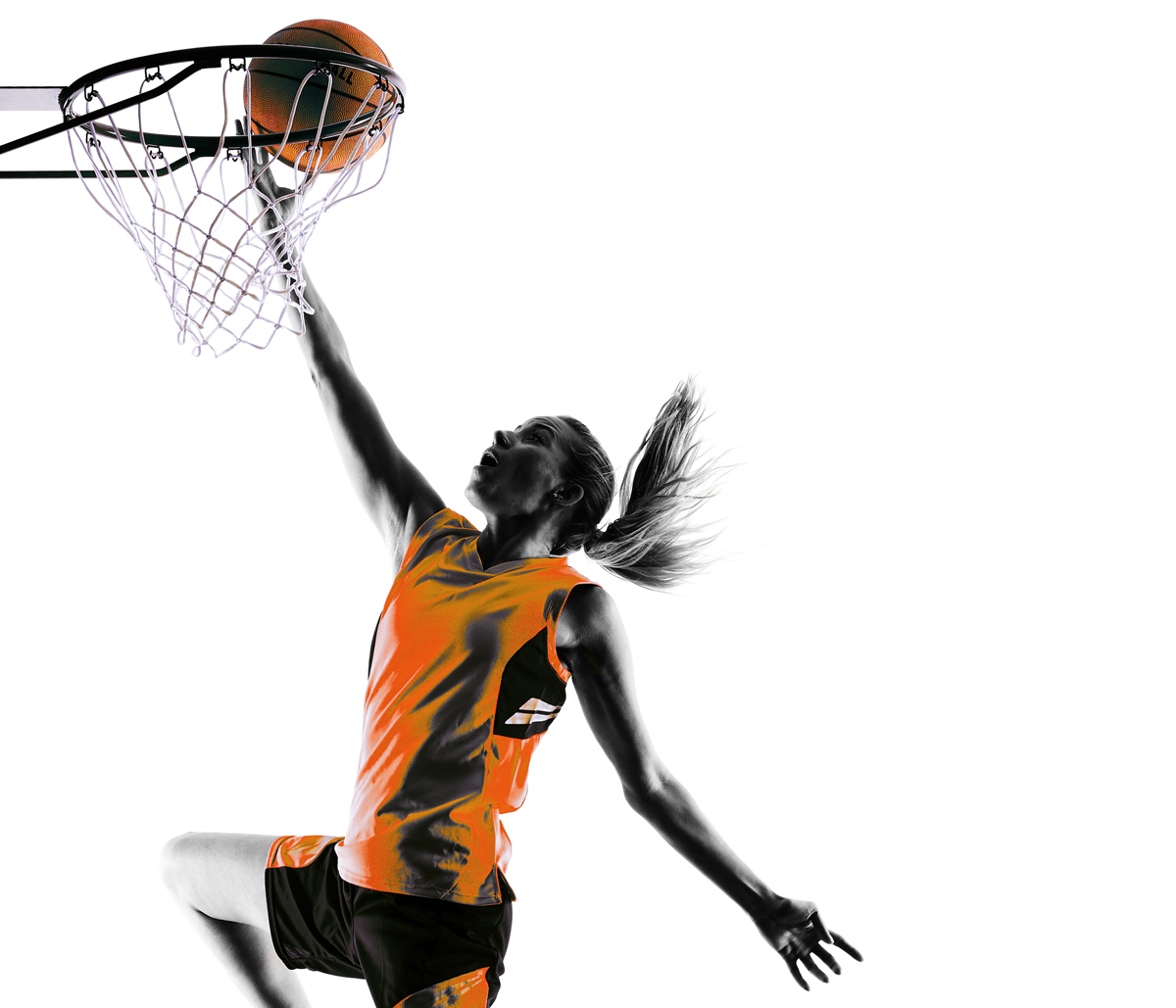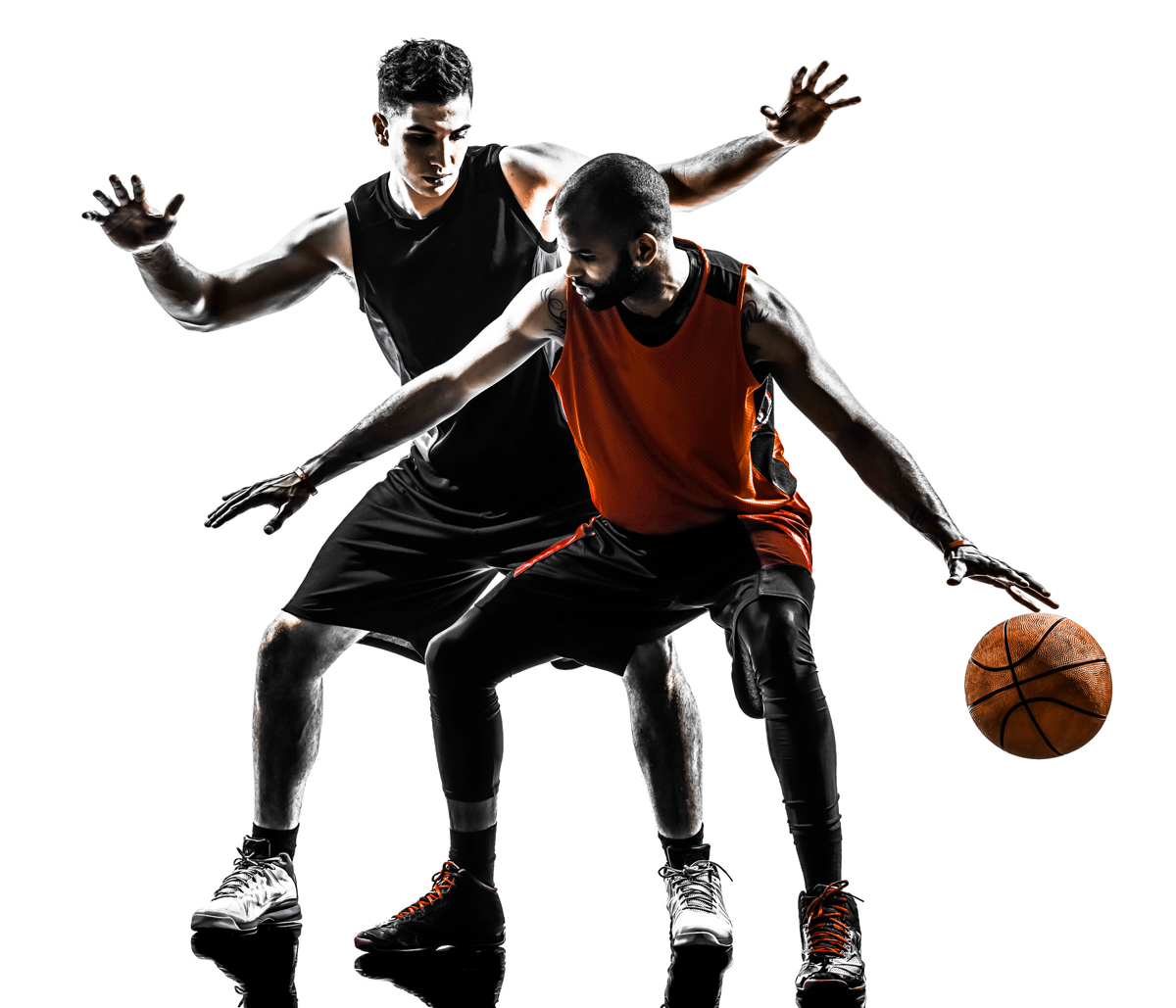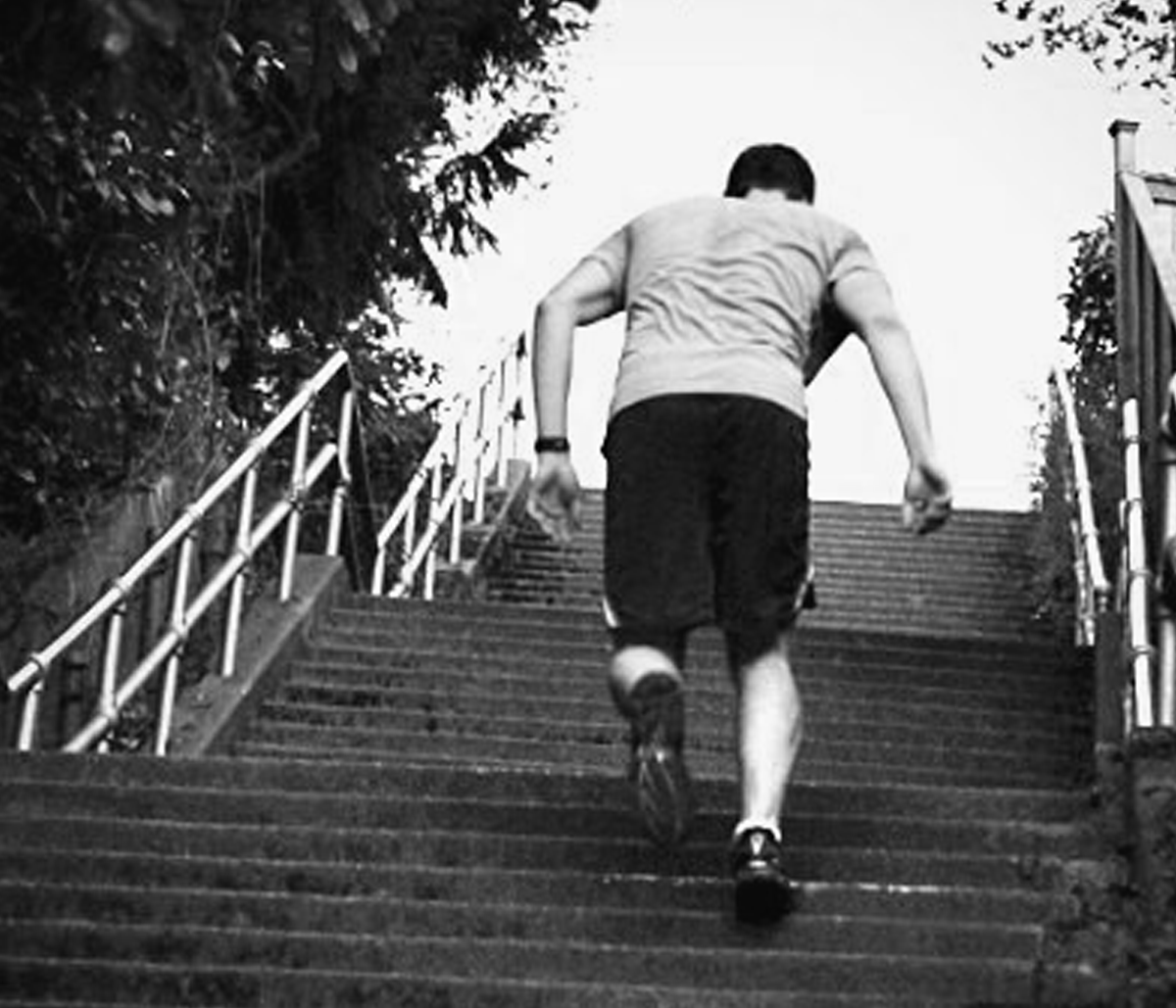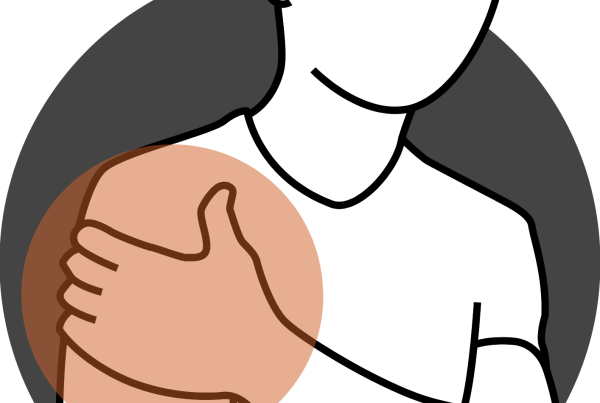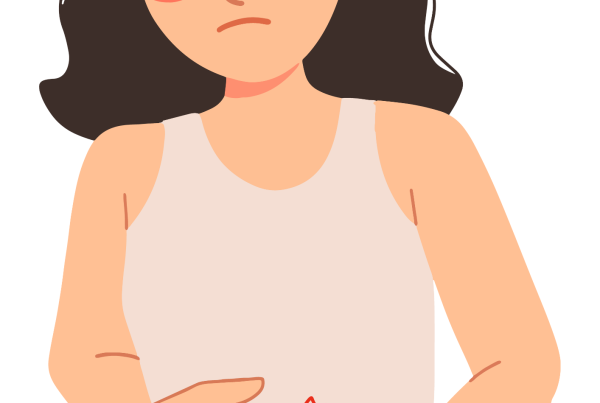A concussion is a disturbance in brain function caused by direct or indirect force to the head. The effect it has on each person can vary. Signs and symptoms of a concussion can manifest immediately, hours or even days later.
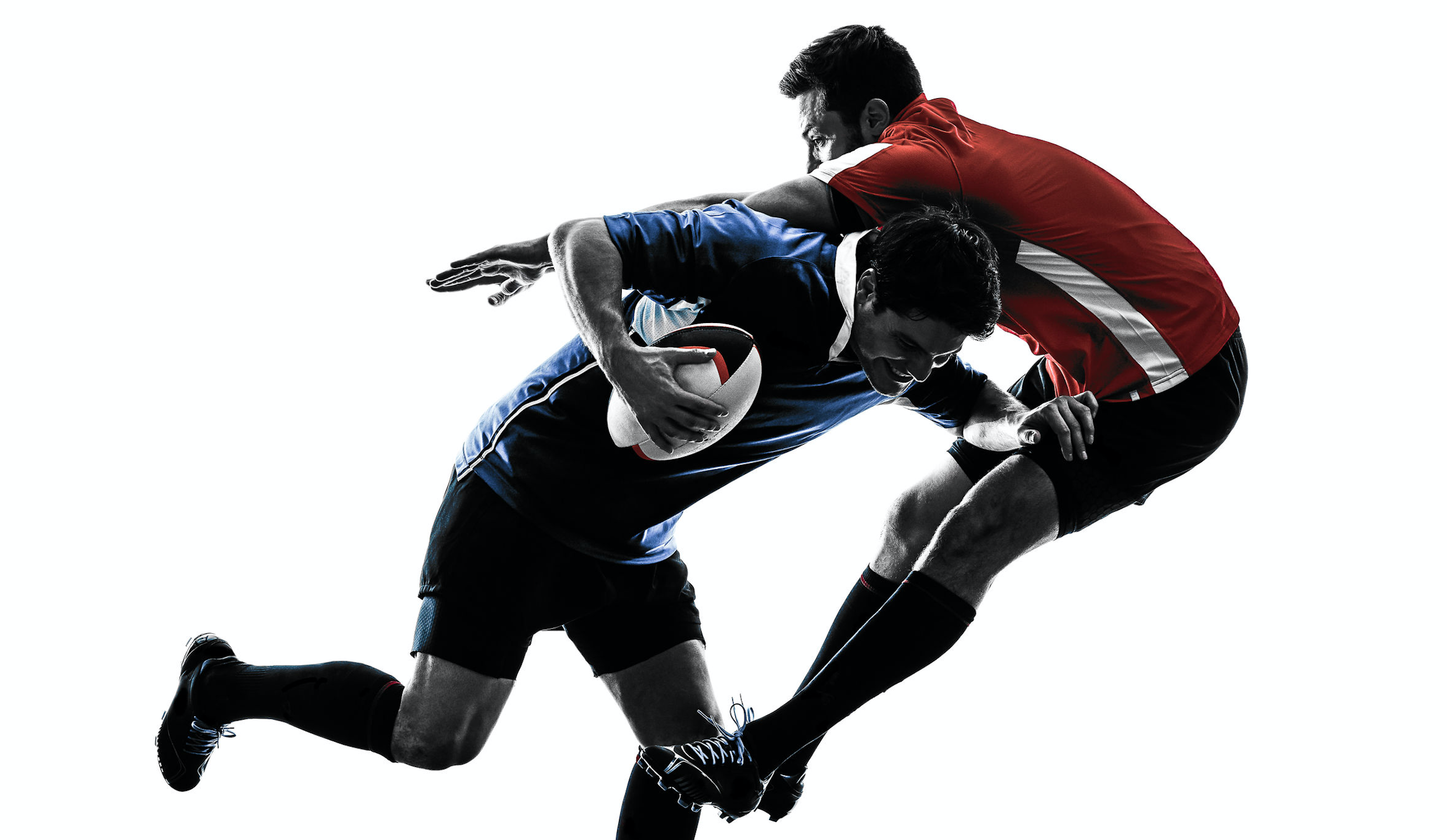
Signs and Symptoms
These can include (but are not limited to):
-
Memory impairment
-
Headache
-
Blacking out / loss of consciousness / laying motionless
-
Dizziness
-
Nausea
-
Balance Disturbance
-
Fogginess / trouble concentrating / dazed or blank stare
-
Confusion or disorientation
-
Sensitivity to light or noise
-
Increased emotions (irritable / angry / sad / giddy) or acting irregularly
-
Seizure
“IF IN DOUBT, SIT THEM OUT”
Any players with suspected concussion should be removed from play/training immediately and the following precautions for the individual should be followed:
- Do not drive
- Do not sleep for 3 hours (it is then safe and advisable to get a full nights sleep)
- Do not consume alcohol or drugs (including pain killers)
- Regular monitoring for 24 hours
- Avoid physical activity (anything that elevates the heart rate) until symptoms subside and your health professional advises you to do so
- Avoid cognitive activity (anything that requires concentration eg. study or work) until symptoms subside and your health professional advises you to do so
The player must follow up with a medical practitioner for an official diagnosis.
Keep an eye out for
Problems can arise over the first 24-48 hours post incident. It is strongly advised to proceed to the nearest emergency department if the individual shows any of the following signs:
- Persistent vomiting
- Increasingly severe headache
- Blurred or double vision
- Seizures or fits
- Loss of consciousness / decreasing level of consciousness
- Slurred speech
- Difficulty walking
- Bleeding or fluid from the ear or nose
- Growing confusion
When can I return to play?
Recovery from a concussion will vary from person to person. Most adults will recover fully within 10-14 days, while children and adolescents can take much longer due to physical and developmental differences.
Any player who has been diagnosed with a concussion must go through a graded return to play (as outlined below by Sports Medicine Australia). Sports physios will advise on activity progression, intensity and content of a return to play program, and can supervise athletes through this progression.
Stage
1. Daily activities while remaining symptom free
2. Light aerobic exercise
3. Sport-specific exercise
4. Non-contact training drills
5. Full contact training
6. Return to play
Activity
Daily activities that do not provoke symptoms
Walking, swimming or stationary cycling at a slow to medium pace. Keep to around 60% exertion
For example: running drills. No activities with head impact
Harder training drills e.g. passing drills. Keep to around 80% exertion. Start back into strength / weight training
After receiving medical clearance
Normal training activities (including contact drills)
Normal game play
To begin the graded return to play, the individual must have completed 24-48 hours of physical and mental rest and be completely symptom free. To progress forwards, they must remain symptom free for at least 24 hours after completing each stage. If symptoms return at any point, they must regress to the previous stage and go through the process again.
It is advised by Sports Medicine Australia that children do not return to contact/collision activities less than 14 days from the resolution of all symptoms.

